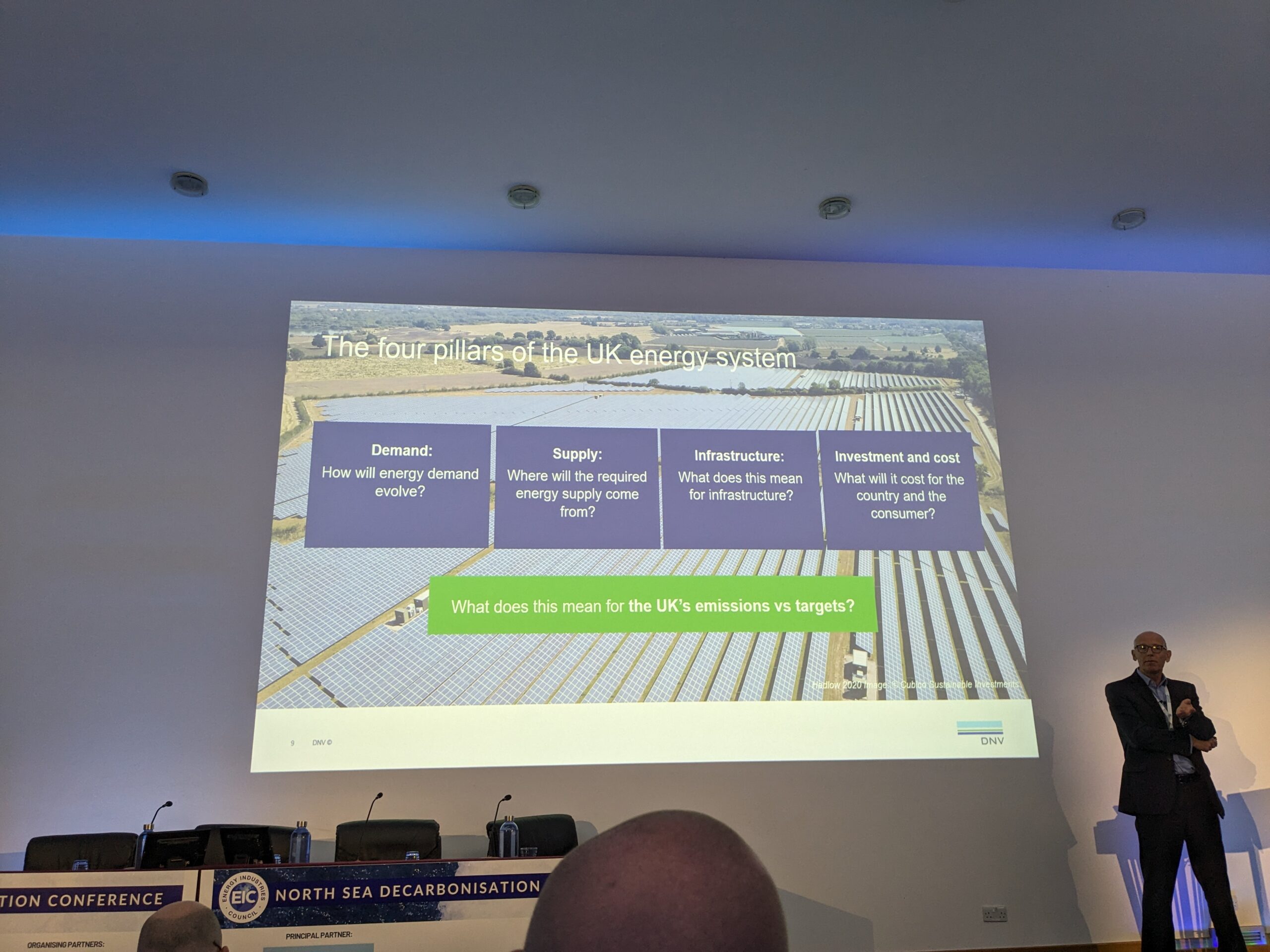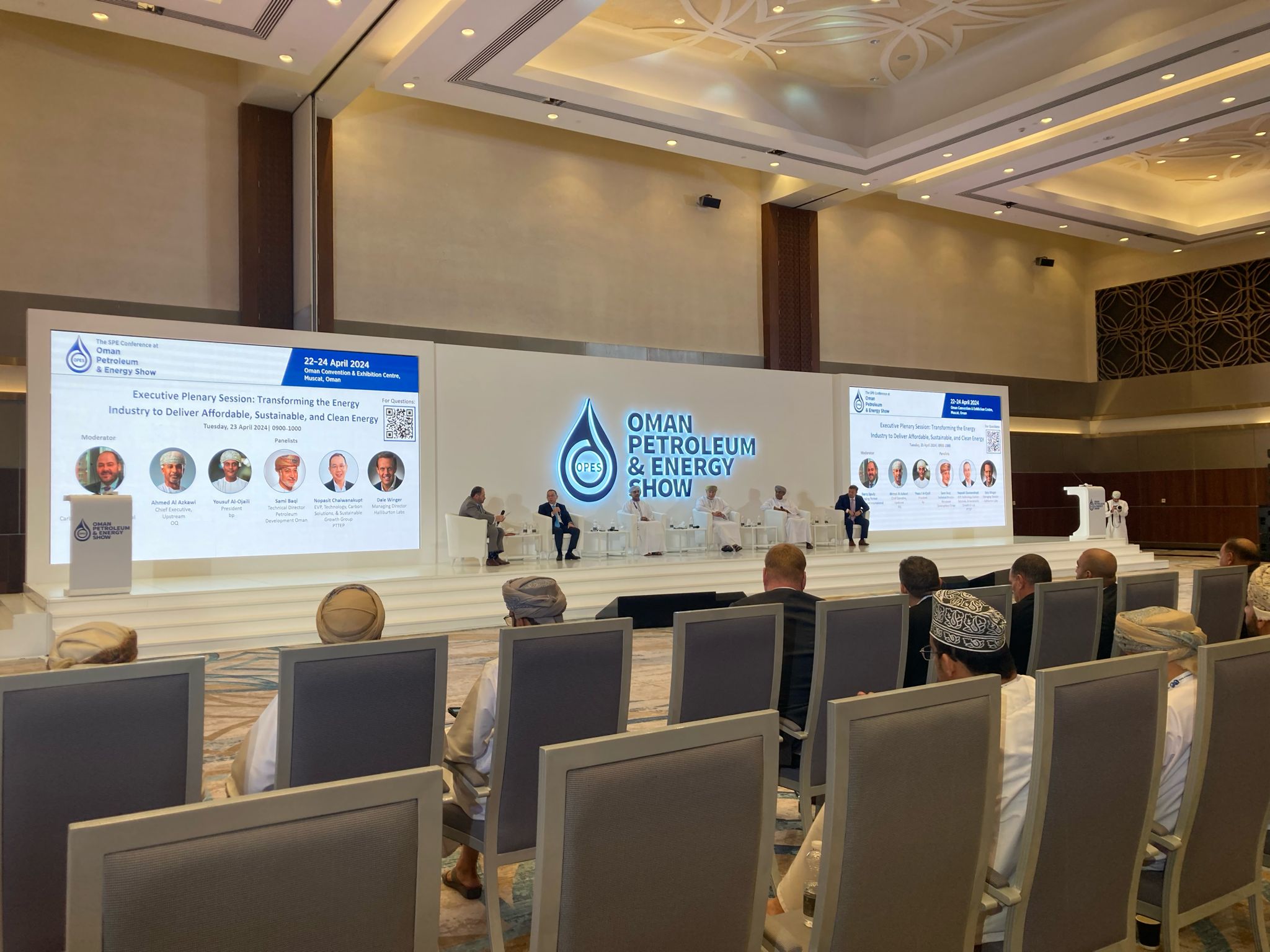Rising cooking gas prices spur rethink of Nigerian household fuels
Cooking gas prices in Nigeria have surged, forcing low-income households to turn to less efficient and harmful alternatives like firewood. Experts say cleaner alternatives should replace cooking gas.

The price of 12.5 kg of cooking gas, also known as liquefied petroleum gas (LPG), has increased to N12,500 in Nigeria, from the N10,000 reported at the end of last month, according to a market survey.
Nigerians are currently facing the harsh reality of subsidy removal, which has led to an increase in fuel, food prices, and transportation for 133 million Nigerians who are multidimensionally poor and earn N30,000 as a minimum wage, the lowest in the world.
Nigeria’s annual inflation rate accelerated to 25.8% in August, according to National Bureau of Statistics data.
The President of the Nigerian Association of Liquefied Petroleum Gas Marketers, Olatunbosun Oladapo, last month warned that if the federal government does not impose restrictions on the operations of the terminal owners, the price of 12.5 kg of LPG could rise to N18,000 by December.
He noted that the price for 20 metric tons suddenly increased from N9–N10 million to N14 million as a result of the naira devaluation.
Olatunbosun said, “Now, the ordinary man would not be able to buy gas. How many minimum wage earners can afford gas now? Everyone is turning to firewood and charcoal.”
Nigeria’s Multidimensional Poverty Index 2022 sheds light on a concerning reality in the clean cooking sector. The statistics showed that households in various states classified as poor and vulnerable suffer from acute deprivation and only rely on old-fashioned, unsustainable cooking fuels, including dung, charcoal, and firewood. Experts say these pose health risks to people and increase carbon emissions from the cooking sector.
Based on Nigeria’s energy transition plan, the key decarbonization strategy for clean cooking is to move from traditional firewood, charcoal, and kerosene to LPG until 2030.
Deforestation and air pollution concerns
Etulan Adu, an oil and gas production engineer at Italian major Eni, said that rising prices for cooking gas could increase the financial burden for poorer citizens, which might, in turn, lead to reliance on cheaper but less efficient and potentially harmful alternatives such as firewood and charcoal, which can have a negative environmental as well as health impact.
He said, “From an environmental perspective, there will be an increase in the use of firewood and charcoal instead of cooking gas which can lead to deforestation and air pollution. Deforestation leads to the loss of valuable ecosystems and biodiversity, while air pollution from burning solid fuels releases harmful pollutants into the atmosphere, which can contribute to climate change and respiratory diseases.
“For health reasons, using traditional cooking fuels such as firewood and charcoal can expose people to indoor air pollution, especially for women and children who spend more time near cooking areas, which can have serious health effects. Moreover, prolonged exposure to indoor air pollution can cause breathing problems, eye irritation, and other health issues.
Addressing the challenges posed by rising cooking gas prices is “key to achieving a clean cooking sector,” he said. “This can be achieved through a variety of means, including government subsidies and targeted support programs that make clean cooking fuels more affordable for low-income households. Additionally, promoting renewable energy sources such as biogas and solar cookers […] can help reduce environmental and health issues associated with traditional cooking fuels.”
Jide Pratt, an oil and gas professional in Nigeria, said the fact that LPG prices are on the rise may lead to loss of more trees in rural areas. He said the increase in cooking gas prices is connected to the rise in crude oil prices and foreign exchange.
Cleaner alternatives to cooking gas
Etulan said there are several cleaner alternatives to cooking gas for both high and low income Nigerians. He said this includes biogas, electric stoves, solar cookers, and improved cooking stoves. “Promotion and adoption of these clean alternatives can help reduce dependence on LPG and promote a cleaner cooking sector in Nigeria. However, it is important to consider the availability, affordability and infrastructure needed to make these opportunities widely available.”
According to Etulan, an electric stove offers a cleaner and more environmentally friendly option for cooking, which produces no direct emissions during use and helps reduce air pollution and indoor air quality issues. “Electric stoves are also more energy efficient compared to traditional cooking methods such as firewood or charcoal. However, it is important to note that the availability and affordability of electric stoves can vary by region and income level. In urban areas and high-income households, electric stoves are more common and available. They are often connected to the electricity grid and are easy to buy.
“In contrast, rural areas and poor households may have limited access to electricity and electric stoves. Problems such as unreliable power supply and high purchase costs of electric stoves may prevent their widespread adoption. These barriers need to be addressed to promote the use of cleaner cooking options such as electric ovens.
This can be done through government initiatives such as improving electricity access in rural areas and providing subsidies or financing options to make electric stoves more affordable for poor households. “In addition, raising awareness of the benefits of cleaner cooking techniques and training in their use can also encourage their adoption,” he added.
For other alternatives, he said, “Biogas is produced by anaerobic digestion of organic waste such as agricultural waste, animal manure or sewage. It can be used in cooking as a clean and renewable energy source. Solar cookers use sunlight to heat and cook food. They are an environmentally friendly alternative that produce no emissions and do not require the use of fossil fuels,” he said.



